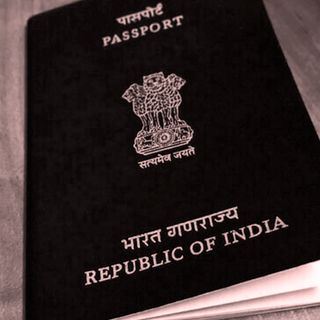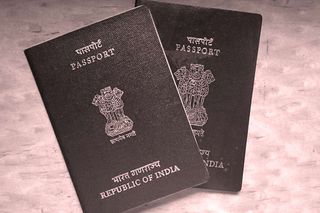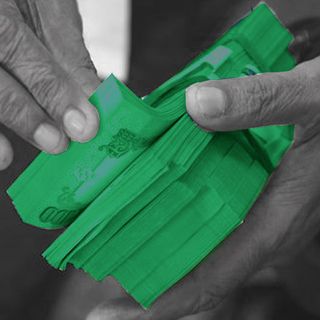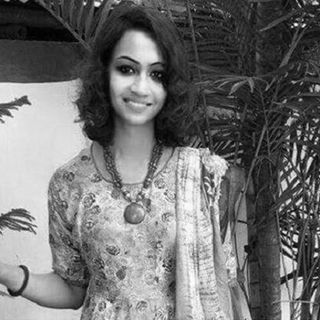
Officer Defends His Actions, But Interfaith Couple Receive Passports
All’s well that ends well?

Yesterday, news broke that a couple in an interfaith marriage were harassed by a passport officer while trying to get passports in Lucknow on Wednesday. The officer allegedly told the Hindu woman and Muslim man that she had to change her name to an Islamic one and he had to convert to Hinduism for their passports to be approved. Today, The Indian Express reports that the Passport Seva Kendra officer in question has been transferred to a post in Gorakhpur, and has also been ordered to show cause.
But this news also comes with statements from Vikram Mishra, the accused officer, in his defense. “I did not misbehave and neither did I ask them to change name or religion,” Mishra said. “When the woman came to me at counter C-5, I found that she had identified herself as Tanvi Seth in her application, but her nikahnaama identified her as Shadia Anas.”
A nikahnaama, or nikah nama, is an Islamic marriage contract. In the past, Muslim couples reported difficulty getting passports, because the Passport Seva Kendra did not recognize nikah namahs as official marriage registration certificates. But in late 2016, the Ministry of External Affairs announced that married couples would no longer be required to produce a marriage certificate while applying for their passports.
Mishra was, apparently, aware of this. “But I could not overlook two different names when there were documents before me,” Mishra said. “I asked her to mention the change in her application, but she refused. Then I asked her to talk to my senior… I would be held responsible if I grant a wrong passport. What if she already has a passport in the name of Shadia Anas, or if she applies for one in the future? I even asked her husband to accompany her to my senior’s office to get it sorted.”
While it is difficult to truly ascertain what happened, given the couple’s account of the matter greatly diverges from Mishra’s, it does seem like unnecessary, if not malicious, bureaucracy was working to force a woman to change her name simply so it matches the Islamic name she was given on her marriage certificate, rather than her name on all other legal documents. Mishra made no further comment on the husband’s other accusation, that the officer told him he had to have a Hindu ceremony for his marriage to be officially recognised.
However, a bystander did support Mishra’s account of events. “They were talking about her name. The official said there was nothing he could do and that she should talk to the APO,” said Kuldeep Singh, a Lucknow man who alleges he overheard the argument while applying for his own passport. “[Mishra] consulted his colleague who suggested that he not grant the passport from his end. The officer did not misbehave but the woman was loud and tried to get her way.”
Barring the fact that women are regularly called out for being “loud,” while men are not, whether Mishra was at fault in the situation is decidedly murky. The Passport Seva Kendra’s actions seem to tacitly indicate his guilt — the Assistant Passport Officer reportedly told the couple their experience was not an isolated incident from Mishra, as well as the officer’s immediate relocation. The couple were also approved for their passports yesterday, suggesting the contention with the nikah namah was specious. But the matter has also received a great deal of national press attention since the incident occurred on Wednesday, and the PSK may simply be acting to preserve its reputation.
Even if neither party was at fault, the least the PSK can do is ensure that couples don’t run into bureaucratic problems simply because staff are not equipped or trained to deal with interfaith marriages. The matter of a different name on a nikah namah cannot be an uncommon one; officers should be trained to process this inconsistency (or be allowed to consult some form of database to confirm there is no existing passport by that name). That this matter was raised to an APO or the national press at all highlights the need for the system to be re-examined and updated, so applying for a passport, and other government documents, will be no different for interfaith couples as couples of the same faith.
Urvija Banerji is the Features Editor at The Swaddle, and has previously written for Rolling Stone India and Atlas Obscura. When she's not writing, she can be found in her kitchen, painting, cooking, picking fights online, and consuming large amounts of coffee (often concurrently).
Related


More Women In Parliament Reduces Corruption, Study Finds
